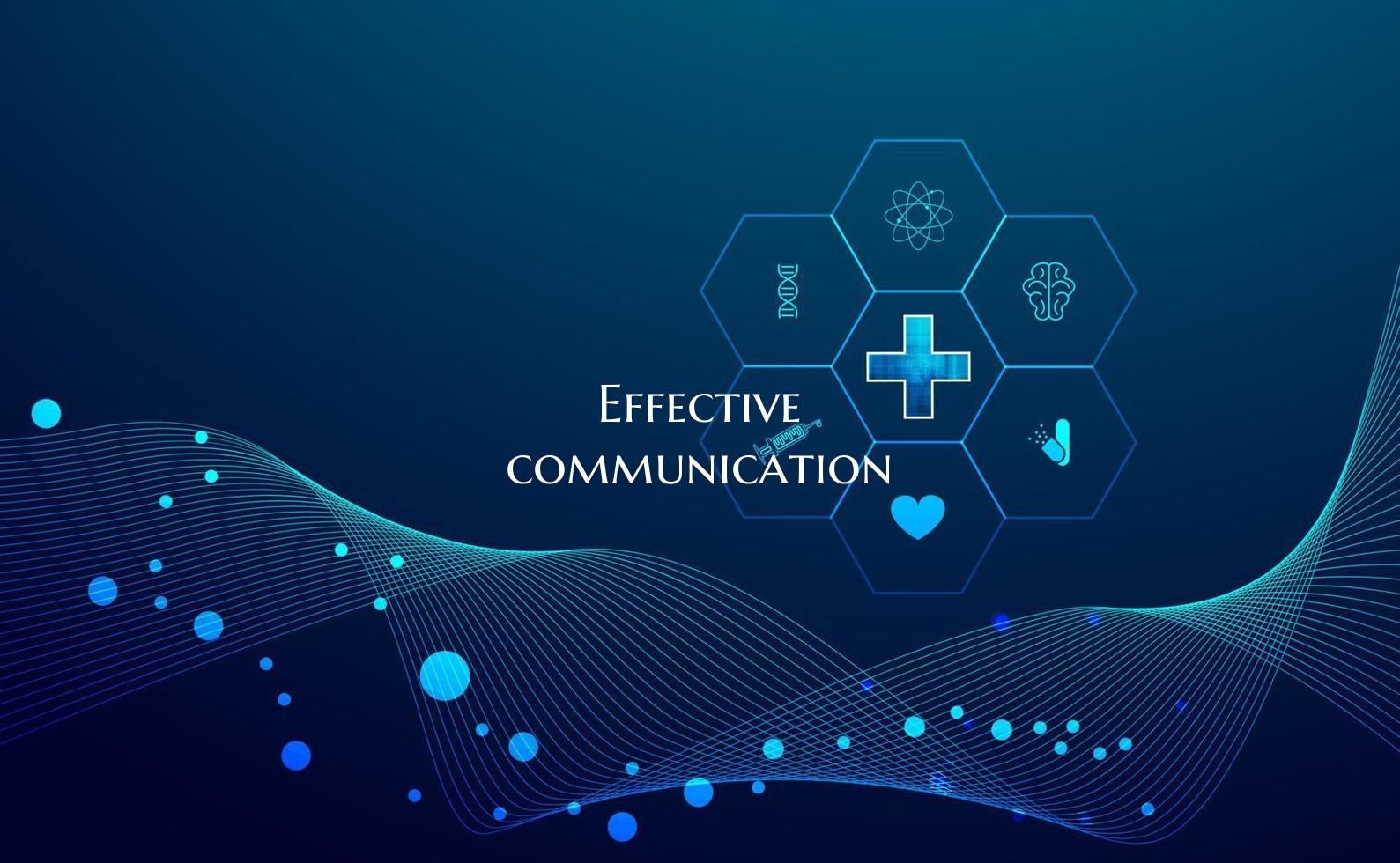
Effective communication
Effective communication is vital in both personal and professional settings to ensure information is accurately conveyed, relationships are nurtured, and goals are achieved. It involves the clear and concise exchange of ideas, thoughts, and feelings between individuals or groups, leading to mutual understanding and positive outcomes.
One key aspect of effective communication is active listening. Listening attentively to the messages being conveyed not only demonstrates respect but also enables you to understand the speaker's perspective fully. This allows for more meaningful and constructive dialogue, leading to better problem-solving and conflict resolution.
Another essential element of effective communication is clarity in expression. Using simple and understandable language, avoiding jargon or unnecessary complexity, helps ensure that your message is comprehensible to the intended audience. Additionally, being concise and to the point can prevent misinterpretation and confusion.
Non-verbal communication, including gestures, facial expressions, and body language, also plays a significant role in effective communication. Paying attention to these cues can help you better understand the emotions and intentions behind the words spoken, enhancing overall comprehension and rapport.
Furthermore, being mindful of cultural differences and adapting your communication style accordingly is crucial for effective communication in diverse environments. Respecting and acknowledging cultural nuances can prevent misunderstandings and foster inclusivity and cooperation.
In conclusion, effective communication is an indispensable skill that fosters understanding, collaboration, and success in various aspects of life. By practicing active listening, maintaining clarity in expression, considering non-verbal cues, and being culturally sensitive, you can enhance your communication abilities and build stronger connections with others.